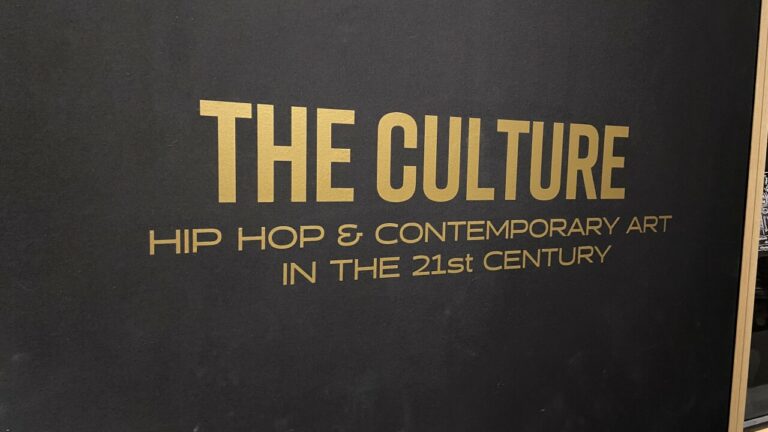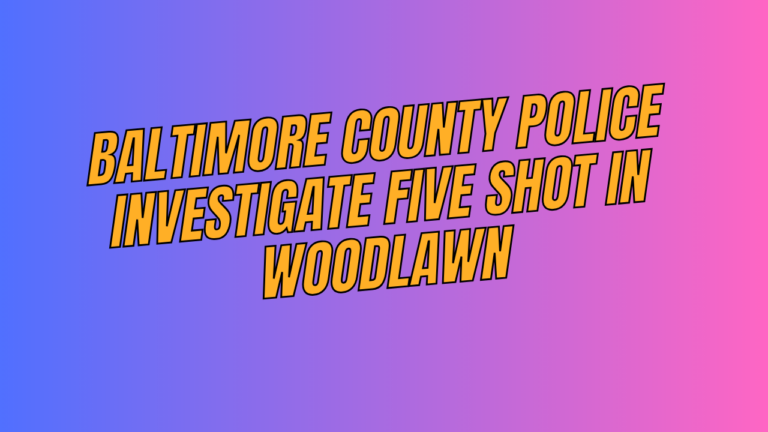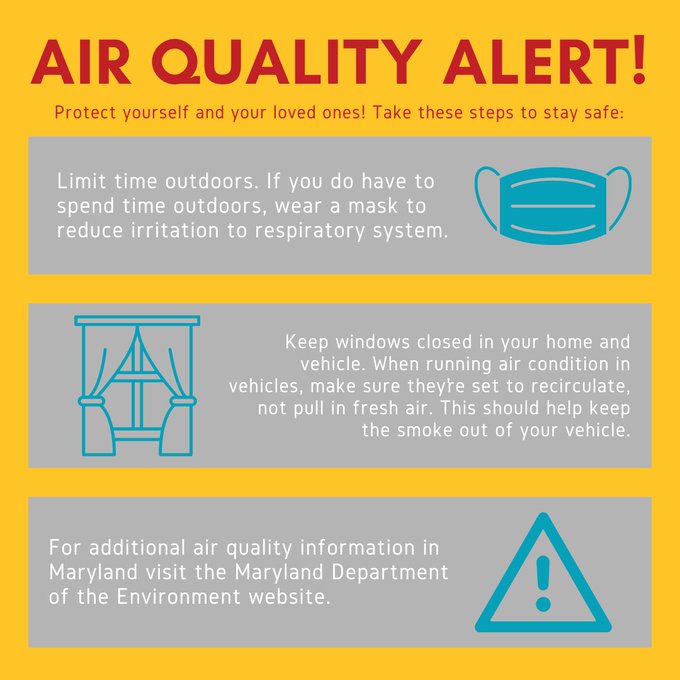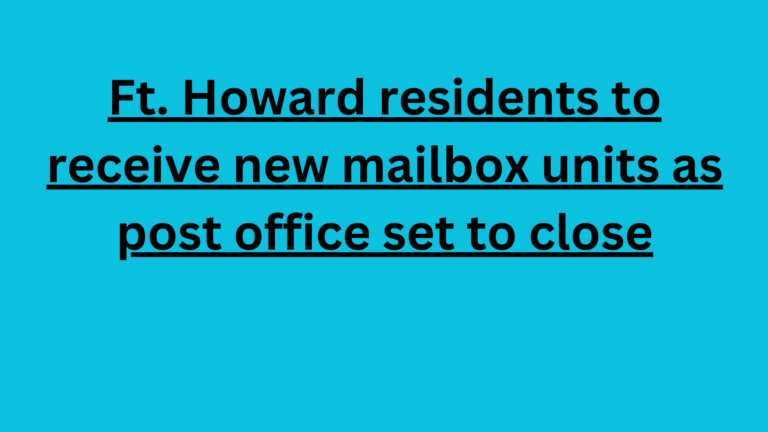University of Maryland distributes 900 meals in Thanksgiving food drive
Collaboration between University of Maryland Baltimore and University of Maryland Medical Center
Community members receive much-needed support during holiday season
The Collaborative Thanksgiving Food Drive
The University of Maryland Baltimore and the University of Maryland Medical Center partnered up to organize a Thanksgiving food drive in Baltimore. The food drive aimed to provide meals to families in need during the holiday season. The drive was a collaborative effort between the two institutions, with the goal of giving back to the community.
Partnership Between Institutions
The University of Maryland Baltimore and the University of Maryland Medical Center are part of the University of Maryland Medical System. The two institutions worked together to organize the food drive, with the University of Maryland Baltimore providing the logistics and the University of Maryland Medical Center providing the funding. The partnership between the two institutions was critical in the success of the food drive, as it allowed for a more comprehensive approach to addressing the needs of the community.
Community Engagement and Response
The food drive was met with an overwhelming response from the community, with hundreds of families receiving meals. The community was also involved in the food drive, with members donating food and volunteering their time to help distribute the meals. The drive was an excellent example of how institutions and communities can work together to address the needs of those who are less fortunate.
Media Coverage of the Drive
The food drive received significant media coverage, with local news outlets covering the story. CBS Baltimore, for example, reported on the food drive and highlighted the impact it had on the community. The media coverage helped raise awareness about the food drive and encouraged more people to get involved.
Related Posts:
- Baltimore City Leaders Distribute Steering Wheel Locks to Combat Carjackings
- There are nine places in the Baltimore area where you can order Thanksgiving dinner
Impact on Food Insecurity in Maryland
The University of Maryland Baltimore and University of Maryland Medical Center distributed 900 meals during their Thanksgiving food drive. This effort helped to alleviate food insecurity for hundreds of families across West Baltimore, Baltimore City, Baltimore County, Harford County, and the Eastern Shore.
According to the Maryland Food Bank, the food insecurity rate in Baltimore County is projected to be 12.5% for 2021. The University of Maryland St. Joseph Medical Center supported the Student Support Network food distribution at Parkville High School, providing 450 staff hours during its COVID-19 response. The Towson hospital also purchased more food to provide for people in need.
The University of Maryland Medical System pledged $1.2 million to address food insecurity issues in communities across the state, which is a significant contribution to the fight against food insecurity in Maryland. Additionally, the University of Maryland Baltimore Washington Medical Center is a member of Feeding America, a nationwide network of food banks that helps to reduce hunger and increase food security.
Other organizations that are working to alleviate food insecurity in Maryland include the Maryland Food Bank, Capital Area Food Bank, Meals on Wheels, and Moveable Feast. These organizations provide food to people in need, including seniors, children, and families.
To sum up, the University of Maryland Baltimore and University of Maryland Medical Center’s Thanksgiving food drive helped to alleviate food insecurity for hundreds of families in need across Maryland. The university’s commitment to addressing food insecurity issues in Maryland is commendable, and it is inspiring to see the efforts of other organizations that are working towards the same goal.
Related Posts:
- Baltimore Leaders Reassure Residents that Water is Safe Amid Lead Pipe Identification Project
- What is Maryland famous for?
Nutrition and Health Considerations
The University of Maryland Baltimore and University of Maryland Medical Center’s Thanksgiving food drive distributed 900 meals to families across West Baltimore. The food drive aimed to provide nutritious food options to vulnerable populations, including those living in food deserts and those experiencing health disparities.
The meals included home-delivered meals and medically-tailored meals for those with specific health needs. The food drive also provided pantry items, boxed lunches, and fresh food to ensure that families had access to healthy food options.
In addition to addressing food insecurity, the food drive also considered social determinants of health. The COVID-19 pandemic has highlighted the importance of access to healthy food, and the University of Maryland School of Medicine recognizes that food insecurity is a significant issue for many families.
By providing healthy food options, the University of Maryland Baltimore and University of Maryland Medical Center’s Thanksgiving food drive aims to improve the health outcomes of vulnerable populations. The health care system recognizes that access to healthy food is a crucial aspect of community health, and initiatives like this can help address health disparities.
Related Posts:







